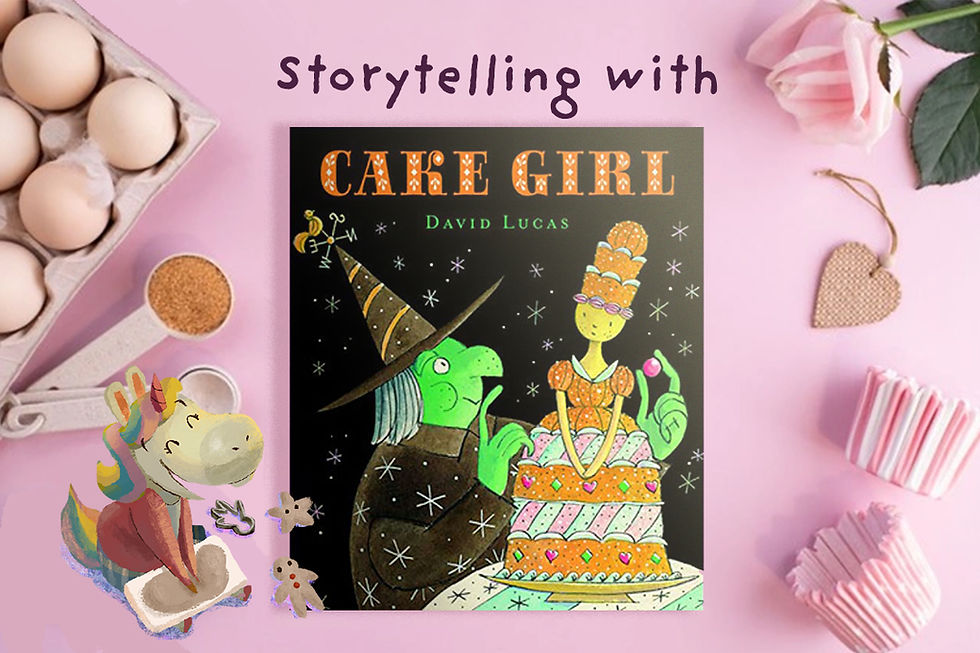Setting Limits and Encouraging Children, Properly
- Me Books Community
- Sep 13, 2017
- 3 min read
We've gone through a lot about filial therapy. How is it conducted, why, and how will it benefit families and children. We've also highlighted some of the skills that parents should practice during special playtime.
RELATED: What is Filial Therapy?
Skill 1: Tracking
Verbalizing the action of what the child is doing. For example, "You're wearing clothes for baby." "You're lining up the toys." The rationale is to communicate to the child that the parent is following and engaging with his play.
Skill 2: Reflective Responding
Identifying the child's feelings through their facial expressions and tone of voice. Example, “You seem sad when the toy breaks!” Parents will communicate it to the child to help the child feel that he is understood and his feelings are accepted.
RELATED: Tracking and Tracking and Responding to My Child
The remaining 2 skills are:
Limit Setting: A-C-T before it’s too late
Providing children with consistent limits helps them feel safe and secure. Limits are not punitive and should be stated firmly, but calmly and matter-of-factly. When do you set limits?
To protect the child from hurting himself or parent
To protect valuable property
To maintain parent’s acceptance of child
To provide consistency in the play session by limiting child and toys to play area and ending on time
How to set limits?
Step 1: Acknowledge the feeling
Step 2: Communicate the limit
Step 3: Target alternatives
Scenario: Billy has been pretending that the bop bag is a bad guy and shooting him with the dart gun; he looks over at you and aims the dart gun at you, then laughs and says, “Now, you’re one of the bad guys, too!”
Acknowledge your child’s feeling or desire (your voice must convey empathy and understanding).
“Billy, I know that you think that it would be fun to shoot me, too...”
Child learns that his feelings, desires, and wishes are valid and accepted by his parent (but not all behavior); just emphatically reflecting your child’s feeling often defuses the intensity of the feeling or need.
Communicate the limit (be specific and clear—and brief). “But I’m not for shooting.”
Target acceptable alternatives (provide one or more choices, depending on age of child). “You can pretend that the doll is me (pointing at the doll) and shoot at it.”
The goal is to provide the child with an acceptable outlet for expressing the feeling or the original action, while giving him an opportunity to exercise self-control.
RELATED: How Can How Can Filial Therapy Help My Family?
Encouraging the effort instead of praising the product
Although praise and encouragement both focus on positive behaviors and appear to be the same process, praise actually fosters dependence in children by teaching them to rely on an external source of control and motivation rather than on self-control and self-motivation.
Praise is an attempt to motivate children with external rewards. In effect, the parent who praises is saying, “If you do something I consider good, you will have the reward of being recognized and valued by me.”
Over-reliance on praise can produce crippling effects. Children come to believe that their worth depends upon the opinions of others. Praise employs words that place value judgments on children and focuses on external evaluation.
On the other hand, encouragement focuses on effort and can always be given. Children who feel their efforts are encouraged, valued, and appreciated develop qualities of persistence and determination and tend to be good problem-solvers.
Example of encouraging phrase:
“You did it!” or “You got it!”
“You really worked hard on that.”
“You didn’t give up until you figured it out.”
“Look at the progress you’ve made...”
In summary
The 4 skills have its magical effect on children because they convey these messages to the child that – “I see you.” “I hear you”, “I understand”, and most importantly, “I care”.
The skills help parents to enter their child’s world in a loving way and enable them to make connection. The bonding is impactful and serves as a strong foundation for healthy relationship development.
In summary, the skills taught in filial therapy to the parents are relevant indeed, and appropriate to be used in daily interactions with children. The ultimate goal we all wish to achieve is to enhance the relationship between child and parents.

Hany Cheng is a licensed mental health counselor. She is passionate in helping families to enhance their parent-child relationship through filial therapy. Currently, she is pursuing her PHD in researching the topic of applying filial therapy in Malaysia. She is also the co- founder of Havan Clothing- a social enterprise that empowers children's artwork through fashionable clothing.




Comments